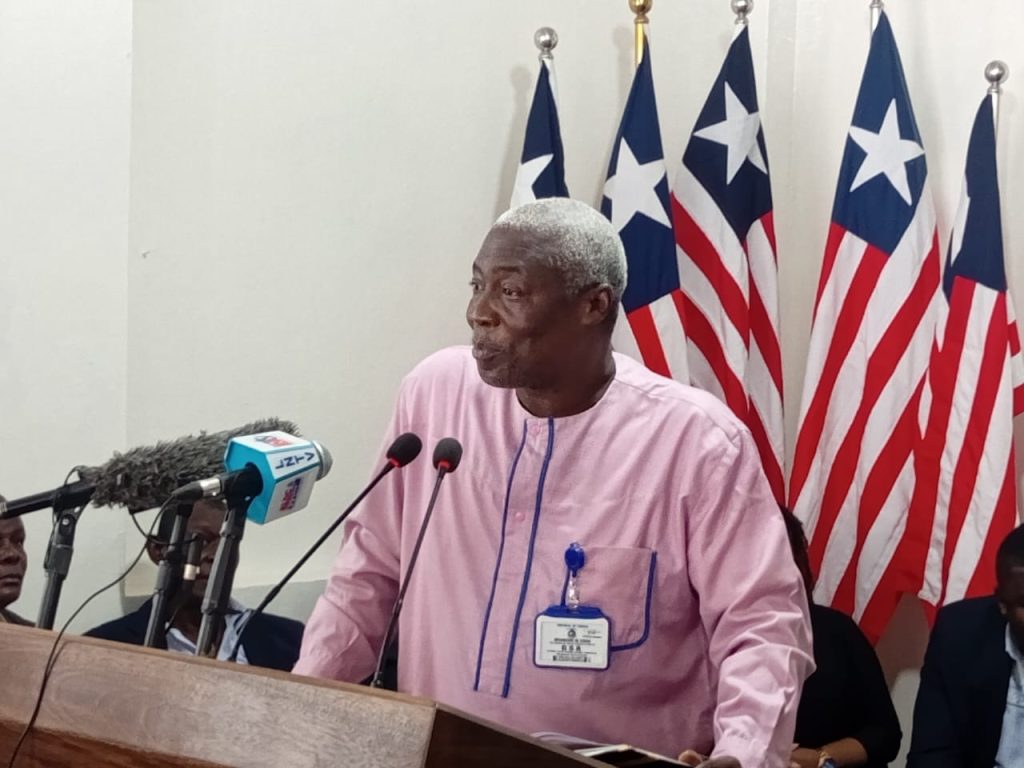The General Services Agency (GSA) of Liberia has introduced a comprehensive policy overhaul aimed at curtailing extravagant spending on government vehicles and promoting responsible asset management. The cornerstone of this reform is a newly imposed price cap of USD 60,000 on all government vehicle purchases. This measure, announced by GSA Director General Galakpai W. Kortimai, is a direct response to past instances where substantial state funds were squandered on high-priced vehicles that quickly became non-functional. The GSA argues that this cap will ensure fiscal prudence and prevent the recurrence of such wasteful expenditures.
Complementing the price cap is a blanket ban on the procurement of electronically controlled diesel engine vehicles. This prohibition, enshrined in administrative regulation GSA/AR-2025/002, stems from the perceived poor performance and maintenance challenges associated with these vehicles in Liberia. The GSA believes that this decisive step will streamline vehicle procurement, reduce maintenance costs, and ultimately enhance the operational efficiency of government fleets. Furthermore, the regulation stipulates that no government vehicle may leave Liberia without express written authorization from the GSA Director General. This provision aims to curb the potential misuse or unauthorized deployment of state-owned vehicles.
To enforce these new regulations and ensure strict adherence, the GSA has mandated the collaboration of various government entities, including security agencies and the Liberia Immigration Service. Director General Kortimai emphasized the importance of utilizing government property for the benefit of the nation and warned that public officials found in violation of these regulations would face administrative repercussions. The GSA has already commenced compliance monitoring, as evidenced by the recent retrieval of a government vehicle from the National Oil Company of Liberia (NOCAL) and its subsequent return to the designated agency.
The GSA’s newly implemented regulations represent a significant shift in government vehicle procurement and management practices. The USD 60,000 price cap is expected to prevent the acquisition of excessively expensive vehicles, thereby safeguarding public funds from wasteful spending. The prohibition of electronically controlled diesel engine vehicles, justified by their purportedly poor performance and maintenance issues, is intended to optimize the government’s fleet operations and reduce long-term costs. The requirement for prior authorization before any government vehicle leaves Liberia is a crucial measure to prevent the unauthorized use or disposal of state assets.
These reforms, collectively, demonstrate the GSA’s commitment to promoting fiscal responsibility and ensuring the efficient utilization of government resources. By implementing these regulations, the GSA aims to establish a more transparent and accountable system for government vehicle procurement and management, thereby minimizing financial losses and maximizing the value derived from public assets. The collaborative enforcement efforts, involving security agencies and the immigration service, underscore the government’s determination to uphold these new standards and hold public officials accountable for their compliance.
The GSA’s proactive approach to addressing past inefficiencies in government vehicle management is a positive step towards strengthening public financial management. The new regulations, encompassing price caps, engine type restrictions, and exit permits, provide a robust framework for controlling expenditures and safeguarding state assets. The successful implementation of these measures will not only lead to significant cost savings but also enhance the overall effectiveness of government operations by ensuring the availability of reliable and appropriately priced vehicles for official use. The GSA’s commitment to enforcing these regulations and holding violators accountable is crucial for fostering a culture of responsible asset management within the government.


